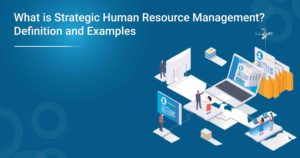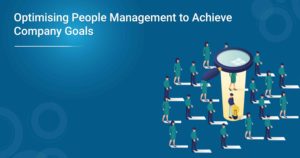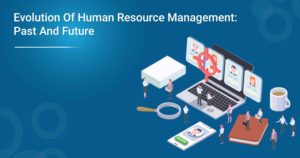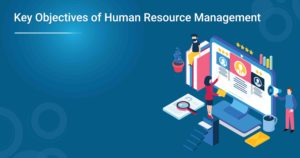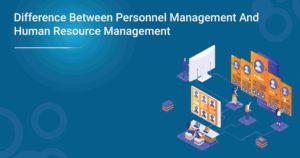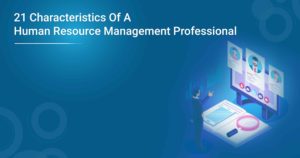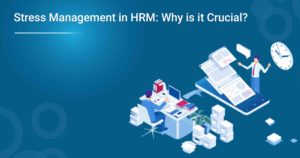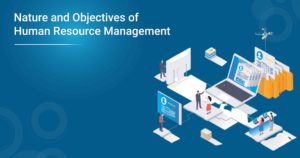We all know that talent is key to success in any organization. But what’s the best way to manage and develop your talent? That’s where strategies of talent management come into action that can be effective, depending on your organizational needs. This blog post will explore 10 of the most effective strategies for talent management. These strategies will help you optimally utilize your talent pool, from identifying and developing high-potential employees to succession planning.
Top 10 Effective Strategies in Talent Management
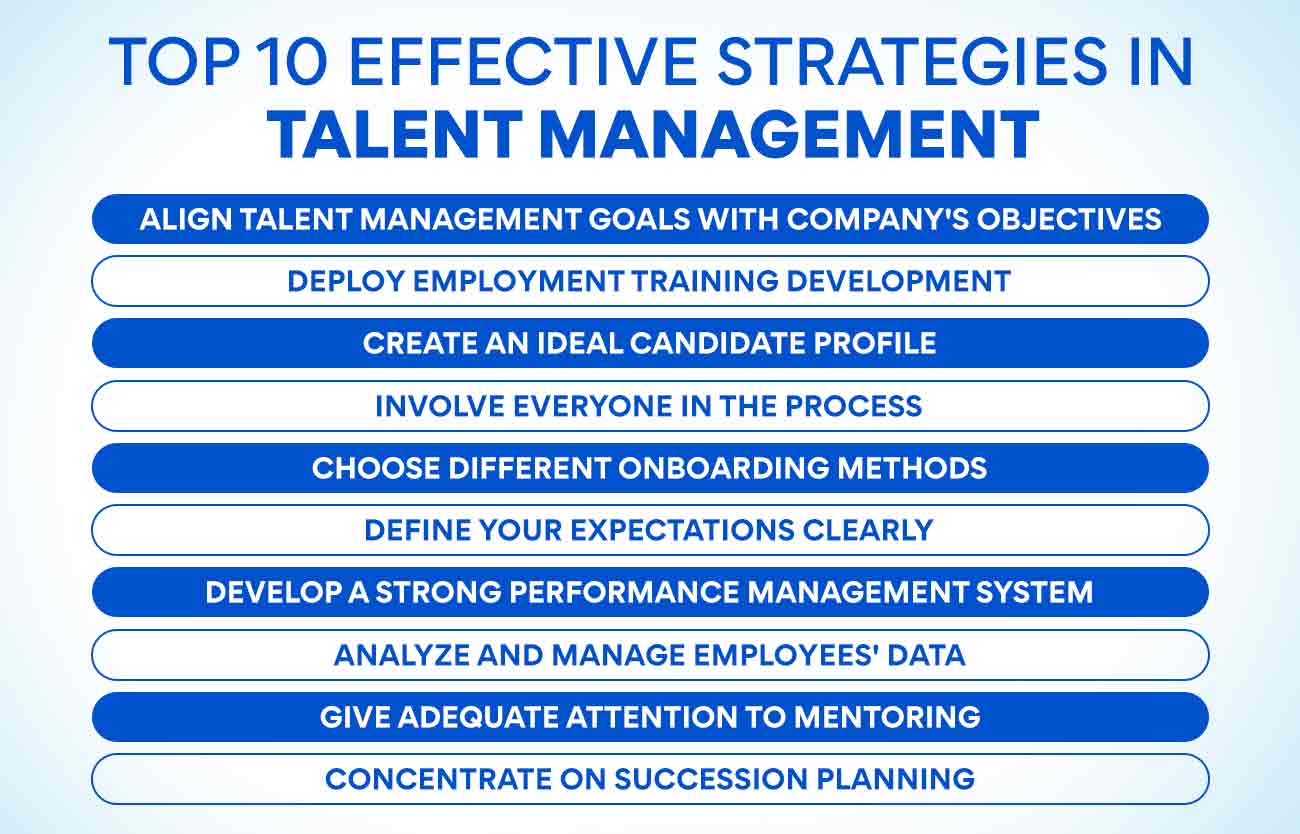
Align Talent Management Goals With Company’s Objectives
To ensure that your talent management efforts are aligned with your company’s objectives, it is essential first to identify those objectives. Once you ascertain your company’s goals, you can then develop strategies for talent management that will help to support and achieve those objectives.
Some common objectives that companies seek to achieve through talent management include the following:
- Improving employee productivity
- Reducing turnover and absenteeism
- Improving customer satisfaction
- Increasing innovation
- Enhancing brand reputation
Each organization will have specific goals they wish to achieve through talent management. By taking the time to align your talent management goals with your company’s overall objectives, you can ensure that your efforts are focused and will have the most impact.
Deploy Employment Training Development
Organizations should provide employees with instances to develop and fine-tune their skills and knowledge so they can contribute effectively to the organization. Employees must know what is expected from them and how they can improve their performance. Training and development programs can help employees reach their potential and enhance job satisfaction.
Create an Ideal Candidate Profile
When it comes to creating an ideal candidate profile, the first step is to identify the skills and qualities that are most important for the role you’re looking to fill. After understanding what you’re looking for, you can start building a profile of your ideal candidate.
Check out these tips that will help you create an ideal candidate profile:
- Define the skills and qualities you’re looking for
- Research your ideal candidates
- Create a list of must-have and nice-to-have skills and qualities
- Use social media to find potential candidates
- Use job boards and other online resources
Involve Everyone in the Process
A successful organization involves everyone in the talent management process, and it is one of the effective strategies of talent management that reap benefits. By engaging employees at all levels, you can create a system that identifies and develops top talent while also providing opportunities for all employees to improve their skills and knowledge.
There are a few key ways to involve everyone in the talent management process:
- Encourage employees to participate in assessment and development activities.
- Communicate openly about company goals and how each employee can contribute.
- Make sure employees have all the necessary resources they require to be successful.
- Provide feedback on performance regularly.
- Celebrate the achievements and learn from failures together as a team.
Choose Different Onboarding Methods
When it comes to onboarding new employees, one size does not fit all. The best onboarding programs are tailored to the individual and take into account their specific needs and goals.
There are a variety of different onboarding methods that can be used, and the best way to choose is to ask each new employee what would work best for them. Some common onboarding methods include:
- One-on-one meetings: Regular check-ins with a supervisor or mentor can help new employees feel supported and engaged from the start.
- Group activities: Team-building exercises or social events can help new employees feel connected to their colleagues and better understand their roles within the company.
- Online resources: Providing access to online learning materials, such as e-learning courses or webinars, can give new employees the flexibility to take their time to adjust and learn at their own pace.
- Job shadowing: Spending time observing experienced employees in their day-to-day work can help new hires better understand what their job entails and how they can contribute to the team.
- Mentorship programs: Pairing new employees with more experienced colleagues can provide them with guidance and support as they navigate their new roles.
Define Your Expectations Clearly
When it comes to setting expectations for your team or employees, it is essential to be clear and concise. Make sure you communicate what is expected about their work performance, attitude, and overall contribution to the company. Setting realistic expectations is also important so your team or employees can meet them. Keep in mind that setting too high of standards can lead to frustration and disappointment while setting too low of standards could lead to a lack of motivation.
Also Read: What is Stakeholder Engagement? Importance, Planning and Implementation
Develop A Strong Performance Management System
A robust performance management system is the most critical aspect of talent management. It can help you identify and develop top performers within your organization.
There are a few critical components to a robust performance management system:
- Continuous feedback – A sound performance management system should provide employees with continuous feedback during the annual review process, not just once a year. This feedback should come from their manager as well as from others they work with regularly.
- Goal setting – Employees need to have clear goals that they are working towards. These goals should be aligned with the overall strategy of the company.
- Performance tracking – There should be an ideal way devised to track employee performance so you can see who is meeting their goals and who is not. This data can be used to identify areas of improvement for individual employees as well as for the company as a whole.
- Recognition and rewards – Employees need to feel like their hard work is being recognized. A good performance management system will include identifying and rewarding employees for their successes.
Analyze and Manage Employees’ Data
Organizations are always looking for ways to better understand and manage their employee data. Many different types of data can be collected about employees, from performance data to HR data.
One effective way to manage employee data is to use a talent management system. Talent management systems help organizations collect, store, and analyze employee data. They also provide tools for managing employee performance and development.
Another strategy for managing employee data is to use data analytics. Data analytics can help organizations identify trends and patterns in employee data. This information can be used to improve Talent Management processes and strategies.
Give Adequate Attention To Mentoring
Mentoring is a proven, effective way to support the development of employees. Mentoring can help employees progress in their careers and reach their potential by providing guidance and advice.
However, mentoring is not something that should be done on an ad hoc basis – it needs to be given adequate attention to be truly effective. Take a look at the tips on how to make sure your mentoring program is up to scratch:
- Define what you want to achieve with your mentoring program. What are your goals and objectives? What kind of outcomes are you looking for? Without a clear focus, it won’t be easy to measure the success of your program.
- Choose the right mentors. Not all managers or supervisors will make good mentors – look for individuals with the time, patience, and ability to listen attentively and offer constructive feedback.
- Train your mentors. Give them guidance on what they should and shouldn’t do and how they can get the most out of the relationship with their mentees.
- Set expectations from the outset. Make sure both parties know what is the expectations in terms of time commitment, confidentiality, etc. This will help to avoid any misunderstandings further down the line.
- Follow up and review regularly. Check in with mentors and mentees regularly to see how things are going and whether any areas need improvement.
Concentrate on Succession Planning
The average CEO tenure is now less than five years, and the turnover rate in senior leadership positions is increasing. Organizations must focus on succession planning to ensure continuity and success in the face of this increased turnover.
While there are many aspects to succession planning, one of the most important is identifying and grooming high-potential employees. These are the individuals who have the potential to step into senior roles when they become available.
Organizations can use various methods to identify high-potentials, including assessments, 360-degree feedback, and performance reviews. Once identified, high-potentials need to be given opportunities to develop their skills and experience. This can be done through mentoring, special assignments, and training programs.
By focusing on succession planning, organizations can ensure that they have a pool of talented individuals ready to take on leadership roles when the time comes. This helps to ensure continuity and success, even in times of change.
Also Read: Strategic Workforce Planning: Steps and Process
What Is Talent Management And Its Significance in The Corporate World?
Talent management has been defined as “a holistic approach to recruiting, selecting, developing, and retaining employees.” Talent management is an important strategic priority for businesses today. The war for talent is intensifying, and companies must do more than ever before to attract, develop, and retain top talent.
Talent management aims to ensure that an organization has skilled people in specific jobs at the right time. To do this, organizations must clearly understand their current and future workforce needs. They must also have processes and systems in place to identify, assess, develop, and retain employees with the necessary skills and competencies.
There are many different strategies and approaches that organizations can take to talent management. There is no one-size-fits-all solution; the best approach will vary from organization to organization. The most effective programs are tailored to the organization’s specific needs and aligned with its business strategy.
The most important thing is for organizations to understand the work that goes into being successful in today’s competitive environment. Talent management is a critical part of that equation.
How To Ensure Efficiency in Talent Management Process?
There is no definitive answer, as the most effective way to ensure efficiency in talent management will vary depending on the specific organization and its needs. However, some best practices help to optimize the talent management process:
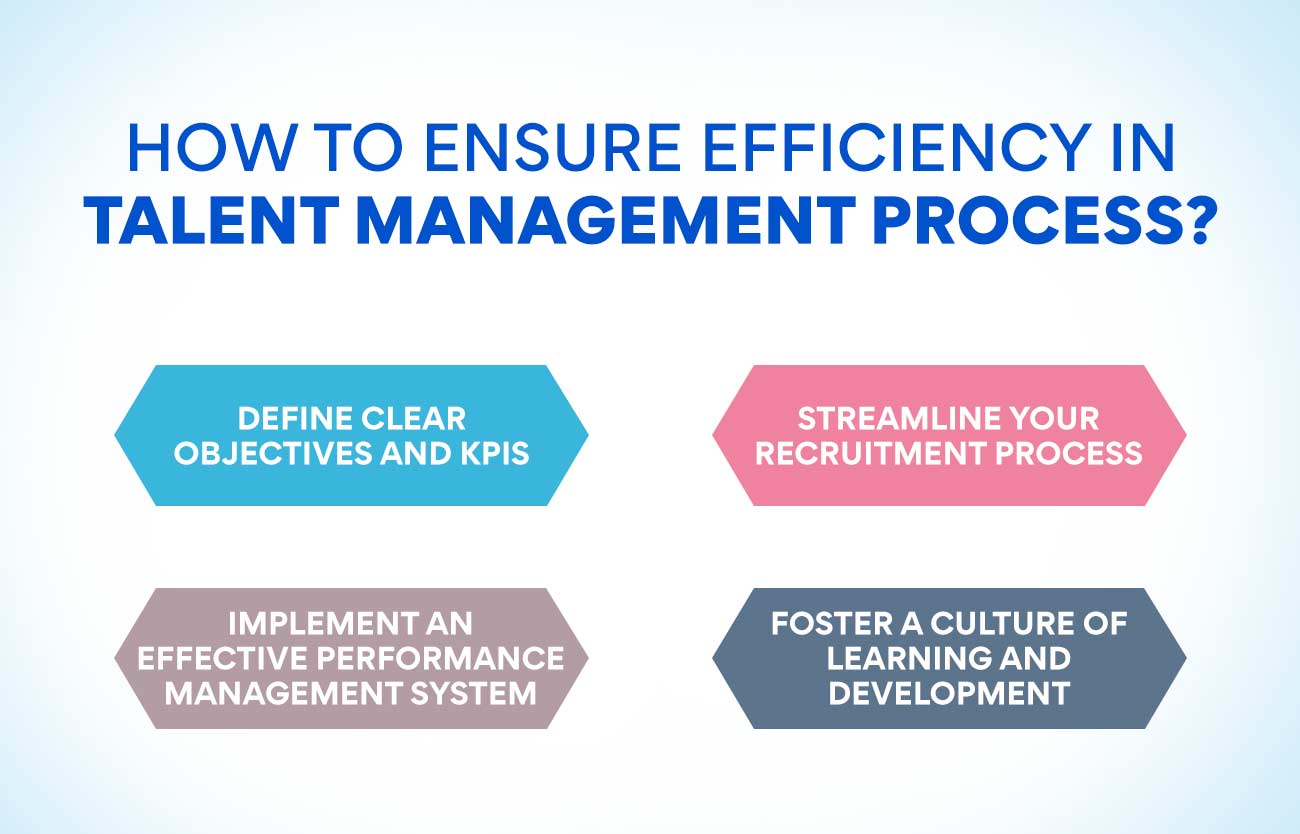
- Define clear objectives and KPIs: Without a clear understanding of what you want to achieve through your talent management initiatives, it will be challenging to measure success or identify areas for improvement. Be sure to define specific goals and KPIs upfront, and involve key stakeholders in the process so that everyone is aligned on what needs to be accomplished.
- Streamline your recruitment process: An inefficient recruitment process can waste a lot of time and resources. Make sure that your recruitment strategy is targeted and efficient, using techniques such as social media recruiting and employee referrals.
- Implement an effective performance management system: With a good performance management system, you can identify high performers and address any issues with underperforming employees. It can save a lot of time and frustration down the line while also helping to improve overall productivity levels.
- Foster a culture of learning and development: Encouraging employees to continuously learn new skills and develop their expertise in the domain will make them feel valued, which will add up to their productivity.
Conclusion
There is no standard answer when it comes to effective talent management, but the strategies outlined in this article will give you a good starting point. By developing a comprehensive talent management strategy tailored to your specific needs, you can ensure that your business has all the possibilities for success.
Talent Management is not an easy process; it takes experience and expertise to deliver results. If you wish to have a career in HR management, where you can be involved in talent management, we have a course that will take you closer to your goal. Check out our Post Graduate Certificate in Human Resource Management which is ideal for both freshers and professionals. It is a flexible course plan that you can take at your convenience without compromising on your current commitments. Check out our course now to skyrocket your career!
More Information:
Better employee relations can lead to a rapid business expansion: Know 11 Tips
What Is Compensation In HRM? Everything You Need To Know







